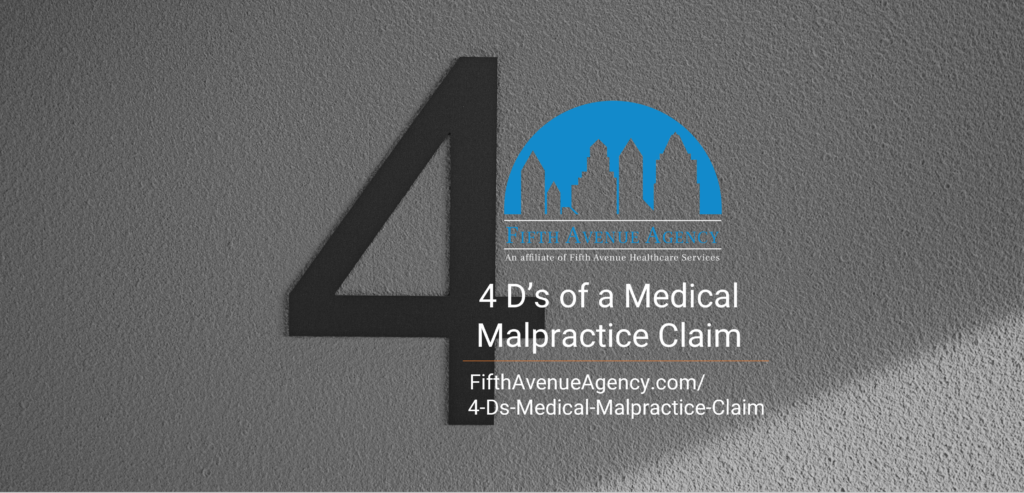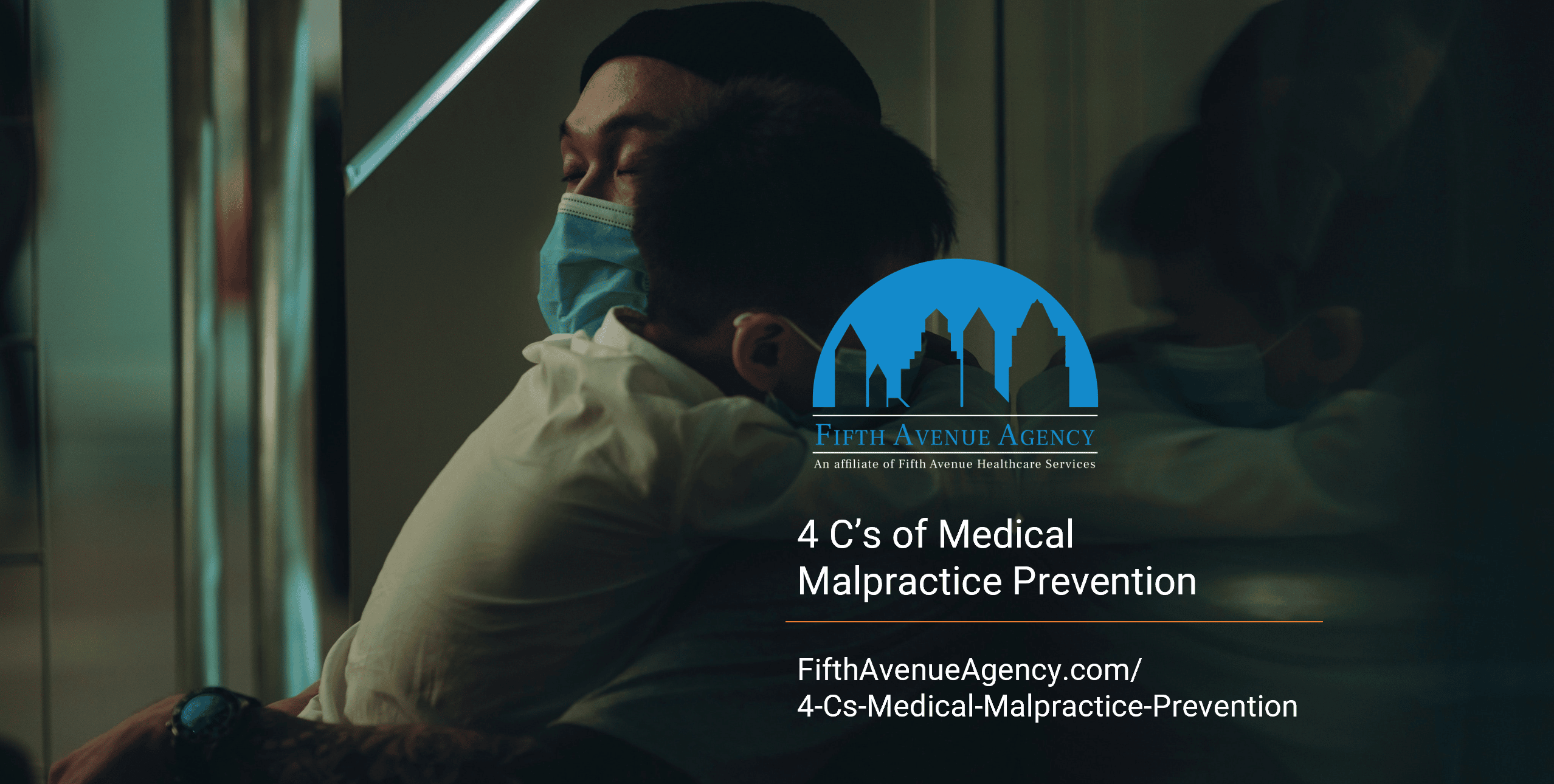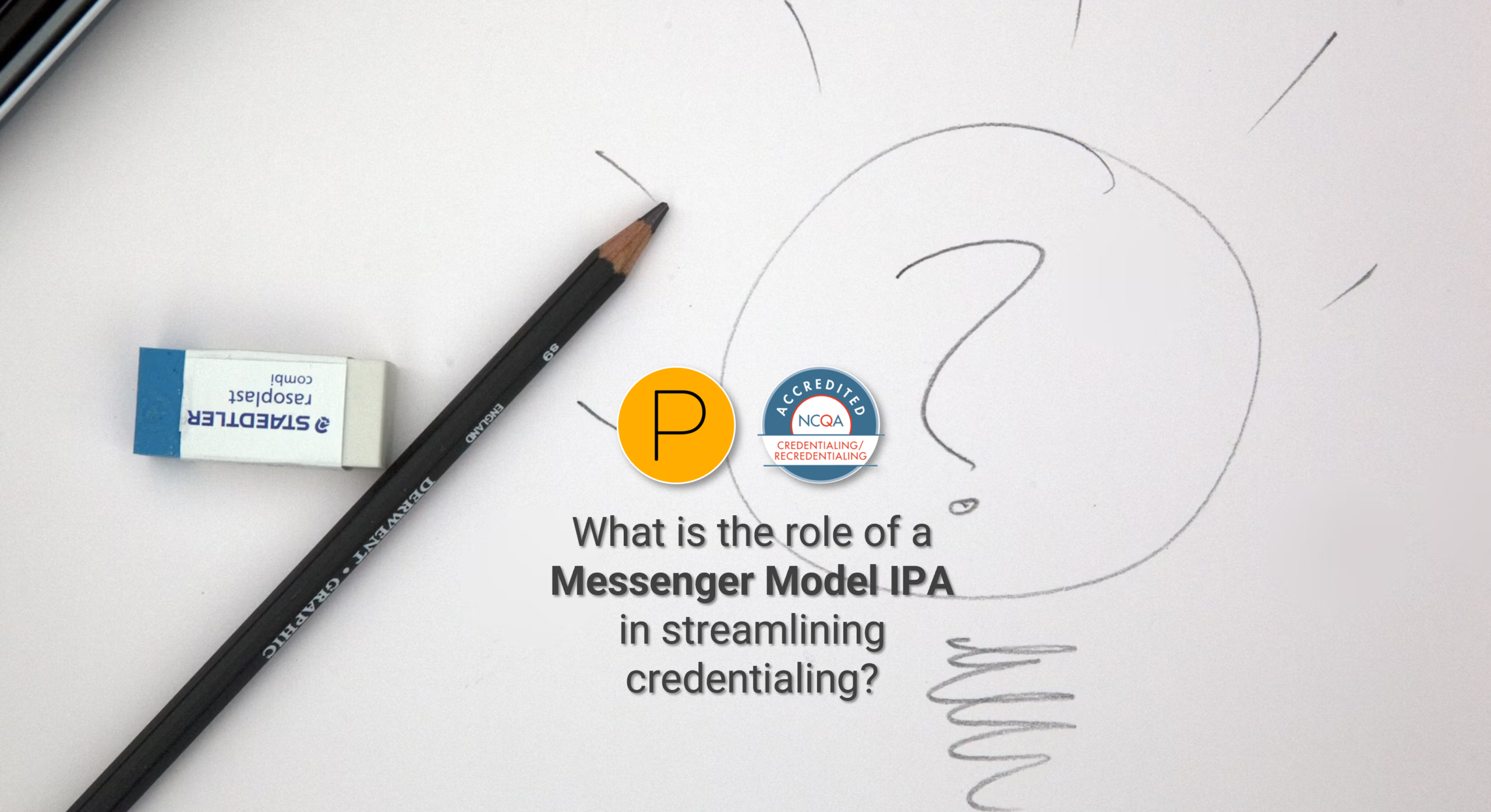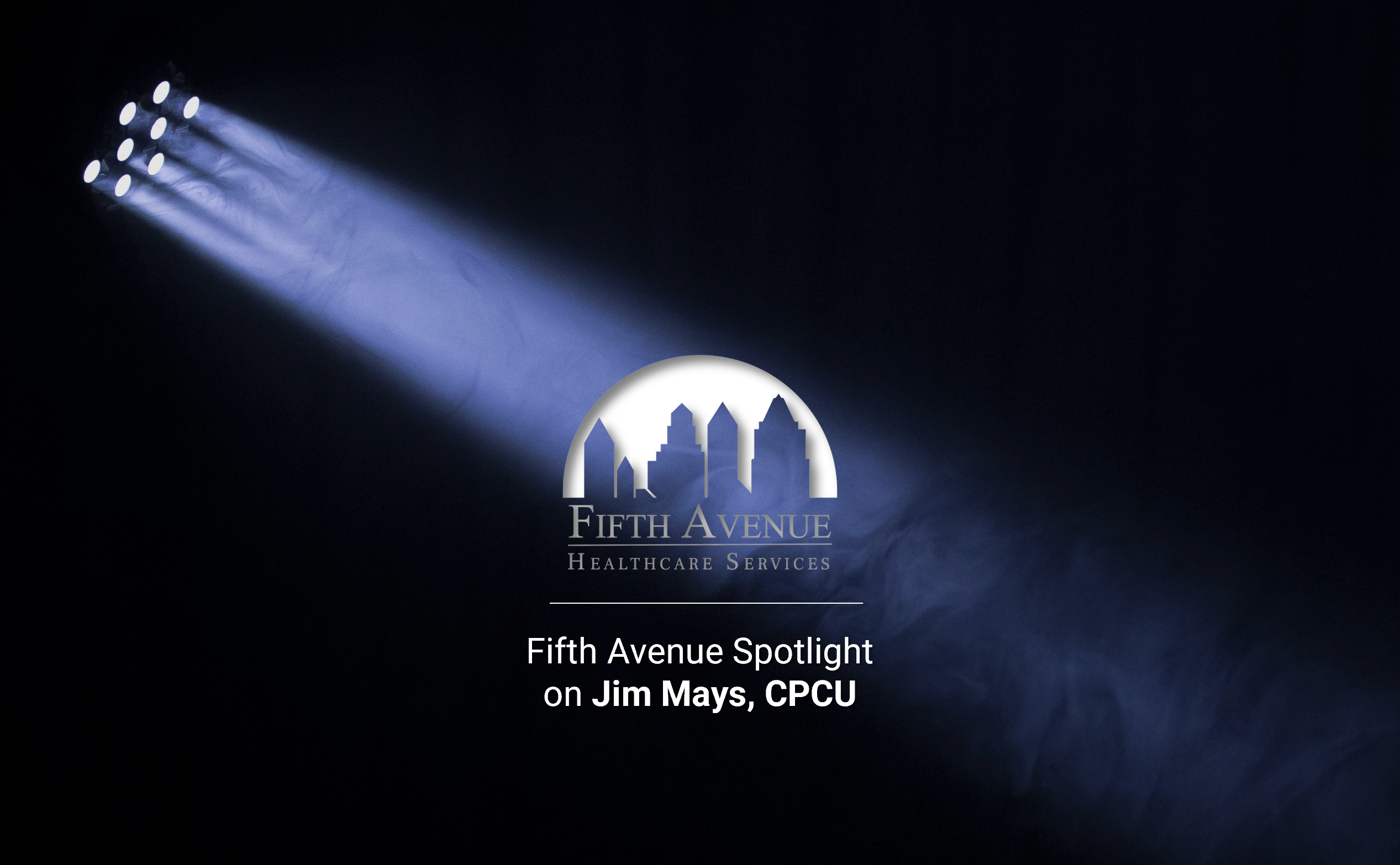A Florida law prevents certain family members from suing physicians and hospitals if their loved one dies from medical malpractice. The so-called ‘free kill’ law states that if the deceased was unmarried, without children, and older than 25, their survivors cannot sue for damages stemming from medical malpractice. Reports estimate that 50%+ of Florida’s population falls into the ‘free kill’ category.
The law was passed 30+ years ago. It was meant to prevent frivolous lawsuits and attract medical professionals to the state with the promise of lower malpractice insurance costs. Florida is the only state in the country with such a law.
Defining Medical Malpractice
Medical malpractice occurs when a healthcare provider acts negligently during treatment when such adverse actions result in patient harm or death. These actions can happen during the diagnosis, treatment, or aftercare.
For a medical malpractice claim to be considered, the 4 D’s of medical malpractice must be proven:
- Duty: A professional relationship between the physician and patient must be proven to exist. It is understood within this relationship that the physician will provide the best possible professional care to the patient.
- Direct Cause: The direct connection between a physician’s negligence and the injury or death must be proven.
- Dereliction: Dereliction is the breach of the physician’s professional duty to the patient. A physician’s dereliction must be proven, whether the physician caused harm in a way that a more competent provider would not have.
- Damages: A patient or their survivors can only sue if they experienced harm due to a doctor’s negligence. The range of damages can include: additional medical bills directly resulting from the malpractice, lost work and earning capacity, mental anguish, including the loss of enjoyment of life, and physical pain and suffering.
Medical Malpractice Examples Include:
- Dispensing incorrect drugs or dosage.
- Failing to diagnose a health condition accurately.
- Failing to diagnose a health condition entirely.
- Ignoring laboratory results.
- Making a severe mistake during surgery that causes additional injuries.
- Not reviewing a patient’s current medications.
- Not warning a patient of known risks of a surgery or procedure.
Physicians are obligated to provide care that meets the standards of practice. When they do not, the injured patient can file a medical malpractice claim, except in instances when the FL ‘free kill’ law applies – which unfortunately means the patient is deceased.
3 ‘Free Kill’ Examples
Example 1: Jojo Scheppler
In Port St. Lucie, Florida, Marcia Scheppler’s 29-year-old son, diagnosed with Down syndrome and autism, suffered a reaction to a medication. She took him to Tradition Hospital, a state-of-the-art care facility, where medical staff did not admit or treat him. The man, terrified of hospitals, could not be calmed, so the staff refused treatment.
The absence of prompt treatment led to the man’s death. Failure to treat/delayed treatment is one of the top 10 reasons physicians were sued in 2021. Due to the FL’ free kill’ law, Scheppler could not sue for medical negligence. Her son was unmarried, had no children, and was older than 25.
Example 2: Trevor Snyder
Another ‘free kill’ example involves a Marine veteran who met the FL ‘free kill’ criteria. He died at a Florida hospital after being admitted with a broken leg. The medical staff did not follow proper protocol, which resulted in the man’s death. His sister, Stacy Waner, wants to wipe the law from the books.
“We can’t get justice or hold the people who killed him accountable,” she says. “But we might be able to save somebody else.”
Example 3: Keith Davis
Sabrina Davis cannot sue after she lost her father to medical malpractice. She even paid for an autopsy that proves medical malpractice. The agency regulating healthcare facilities supported her claim, finding the medical center at fault. Sabrina’s father was older than 25 and divorced, and Sabrina Davis was 30 then.
In response, Sabrina joined the Florida Medical Rights Association, an organization committed to changing the state’s ‘free kill’ law. The group’s founder, Melody Page, says the law exists for a good reason. The ‘free kill’ law eliminates about 50% of Florida’s medical malpractice cases.
“Obviously, there are some politics behind this,” Melody states, “and our group is quite irked, and I have been for a long time, that the politics are coming before the people.”
‘Free Kill’ Law Support
This year, the law was sent to the Florida Senate, where efforts to overturn it failed. Proponents claim that the law keeps physicians in the state due to lower medical costs. These proponents state that if the law was overturned, medical malpractice lawsuits and malpractice insurance premiums could rise.
One report found that the cost of medical malpractice insurance in Florida has dropped in the past 17 years from $806 million to $699 million. Medical malpractice payouts declined from 1,416 in 2000 to 967 in 2021. While those numbers are falling, the number of physicians practicing in Florida has grown. 11,000+ physicians have come to the state during the past decade.
‘Free kill’ law supporters claim these statistics prove the worth of the legislation and will resort to specific measures to keep it active. The Florida Chamber of Commerce recently threatened lawmakers who wanted to overturn the law. The organization’s vice president, Frank Walker, threatened to note which lawmakers supported efforts to eliminate the law, which could affect their chances for re-election.
Additional Florida Medical Malpractice Loopholes
Florida’s ‘Three Strikes Rule’
In 2019, investigative journalists discovered Florida physicians took advantage of another loophole to continue practicing medicine. Florida’s ‘three strikes rule’ was passed by voters in 2004. The constitutional amendment was supposed to prevent physicians with three or more proven medical malpractice incidents from being licensed to practice medicine in the state. The investigation found that in 10+ years, affected Florida physicians paid $460+ million for medical malpractice claims involving approximately 1,400 patient deaths. Many of those physicians never lost their licenses.
In 2019, approximately 120 physicians had at least three malpractice claims filed against them over the previous ten years, which should have been their three strikes. As of the investigation, only two lost their licenses.
What is the three-strikes loophole? Physicians avoid strikes when their malpractice cases end in settlements. According to the investigation, most Florida malpractice cases are settled before a court verdict.
Medical Malpractice Insurance Not Always Required
Suing physicians for medical malpractice in Florida is even more difficult because the state does not require doctors to carry medical malpractice insurance. According to state statutes, “Under Florida law, physicians are generally required to carry medical malpractice insurance or otherwise demonstrate financial responsibility to cover potential claims for medical malpractice. However, certain part-time physicians who meet state requirements are exempt from the financial responsibility law.”
Some attorneys will not sue uninsured physicians because the payout is typically less than what they could obtain from an insured physician. Under these circumstances, not having medical malpractice insurance coverage could benefit negligent healthcare providers.
More Florida Medical Malpractice Facts
- The statute of limitations to file a medical malpractice lawsuit in Florida is two years, a fairly standard period across the United States.
- Florida is ranked #4 among the top 5 states with the most medical malpractice lawsuits over the past 30 years. The total as of last year is 85,767.
- Florida is ranked #3 among the states with the largest medical malpractice compensation awards. Over 30 years, payouts equaled $11.2 billion.
- The highest range of payments was between $250,000 to $499,000. 302 payments were made in this range.
- There is no cap on economic damages – or damages that can be recovered for lost income, lost earning capacity, and past and future medical care.
- In Florida, 3,000 to 5,000+ deaths occur each year from medical malpractice. The average is more than those who die of breast cancer, AIDS, and homicides combined.
Physicians Can Be Proactive
Physicians cannot rely on loopholes, especially when negligence is involved. Proactively approaching health care and following the standards of medicine can help mitigate the chances of being sued for malpractice and give patients effective care. Physicians can protect themselves from litigation by practicing the 4 Cs of medical malpractice prevention and owning medical malpractice and medical professional liability insurance.
The 4 C’s of Medical Malpractice Prevention
- Compassion: Compassionate doctors often deliver comfort and care to patients. They should make every effort to care for and sympathize with their patients. In addition to comfort, compassion can create trust. If patients trust their physicians, then they might not bring a medical malpractice lawsuit forward in the event of injury. Physicians seeking to be more compassionate can begin by being honest and open.
- Communication: Miscommunication is one of the primary causes of medical malpractice lawsuits. Physicians should fully listen to their patients. They should also explain diagnoses and treatment plans as well as encourage questions.
- Competence: It should be understood that physicians should know how to do their jobs. They should follow appropriate standards of care. Competence also requires doctors to maintain their knowledge as new treatments, medicines, and technologies emerge. They can keep their skills up-to-date by taking classes and reading up on medical trends.
- Charting: Medical charts contain relevant events that have happened to a patient. An effective medical chart will provide as many details as possible. This vital information allows physicians to make the best treatment decisions. Accurate documentation reduces the likelihood of errors in care. Charting protects patients and physicians.
Medical Malpractice and Medical Professional Liability Insurance
Malpractice insurance helps protect physicians from liability for actions that injure or kill patients. Coverage typically covers attorney fees, court costs, settlements, and damages.
75% of doctors in low-risk specialties and 99% in high-risk specialties will face a malpractice claim by age 65. 51% of physicians were named in a malpractice lawsuit in 2021. Being sued is a certainty for many physicians. Litigation can amass more legal costs than other types of lawsuits because proceedings can last longer. The right type of coverage can protect physicians’ finances and reputations.
Not owning coverage can prove disastrous. Physicians should not be discouraged by costs and the research that can go into purchasing a policy. Instead of opting not to hold coverage, they can use an agency to help them find the best policy for their circumstances.
While the ‘free kill’ law minimizes medical malpractice lawsuits in Florida, lawsuits still happen. Plus, the law does not protect physicians practicing in the rest of the country. They must do what they can to shrink their liability risk.
More information about Fifth Avenue Agency
Fifth Avenue Agency specializes in MPLI and medical malpractice insurance, serving 1000s of providers nationwide. Fifth Avenue Agency is part of the Fifth Avenue Healthcare Services family. Sister companies include 5ACVO (credentialing and primary source verification specialists) and Primoris Credentialing Network (credentialing and provider enrollment specialists with 54+ health plan and network provider enrollment options).
Fifth Avenue Agency initially published this article here. For information on Fifth Avenue Agency, please visit FifthAvenueAgency.com or Contact Us.












